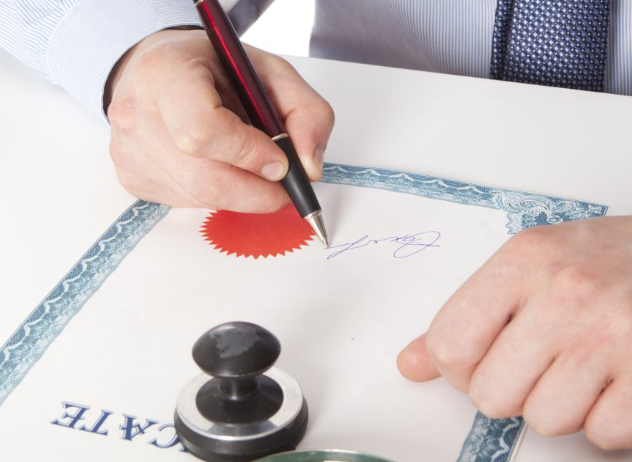You may be confused with different laws and terms as a new notary public. Don’t feel bad about not knowing everything – there is no way to learn everything at once! Here are some basics that you should know on how to become a notary in Florida. Also, there are fees to pay to become a notary. However, you will be ready to take on specialized notary work by understanding the basics.
Notary oath
To become a notary public, an applicant must complete the commissioning process. This may involve filling out an application, paying a fee to the state, taking a training course, passing the exam, and filing a bond. The process may also include purchasing notary supplies and attending classes to become knowledgeable about the laws and duties of a notary. After completing the commissioning process, an applicant may seek job opportunities as a notary.
In addition to the Notary oath, an applicant must submit a Jurat and Writing Sample. These documents must be submitted online. The Writing Sample should be completed in the handwriting of the notary public. In addition, the Jurat must be sworn and subscribed to before an oath is administered. One of the most common reasons an application is delayed is incorrect documentation. In addition, an applicant must submit a Certificate of Character signed by a public official, reputable business or professional, or an individual who has known them for at least one year.
Notary certificate
If you have ever considered becoming a notary public, you’ve probably wondered what’s involved. Depending on your state, you must be at least eighteen years old, a legal state resident, and have completed an approved course of study. Once you’ve completed your education, you must pass a written exam and clear a background check.
To become a notary, you must obtain a stamp or embossing seal. Many states don’t allow it and require you to buy it from a manufacturer. Once you approve your commission, you can place an order for your stamp. You’ll need to provide proof of this to the manufacturer.
Notary bond
To become a notary public in any state, an applicant must meet specific requirements. These requirements may vary from state to state, but in most cases, they involve being at least 18 years of age, living in the state, taking a formal course of study, passing a written examination, and clearing a background check. Additionally, a notary must meet the state’s requirements for notarization and licensing, which may differ from state to state.
First, notaries must have errors and omissions insurance (E&O insurance) to perform notarial functions. While it is recommended that notaries have a bond in place, the amount may vary. In most cases, the amount required is $5,000 to $10,000, but it may be as low as $500 or as high as $25,000 for a non-commissioned notary. Whether or not a notary must carry a bond depends on the type of documents they plan to notarize and how much they are willing to risk.
Fees
To become a notary public, there are specific requirements and fees. These include the Jurat and Writing Sample. These must be submitted online. The Writing Sample must be completed in the notary public’s handwriting. The Jurat must also be subscribed to or sworn before administering the oath. The most common causes of application delays are incorrect Jurat and Writing Sample. The final application component is the Certificate of Character, which must be signed by a reputable public official, professional business owner, or individual, and at least one year of acquaintanceship.
Once you have completed the application and have paid the necessary fees, you can sit for the exam. The exam is a one-hour examination with 40 multiple-choice questions. To pass, you must score 70 percent or higher. You must take the exam no more than 90 days before it expires. The exam fee is non-refundable, although there is a $20 fee for returned checks. NYS Attorneys and court clerks are exempt from this exam.



